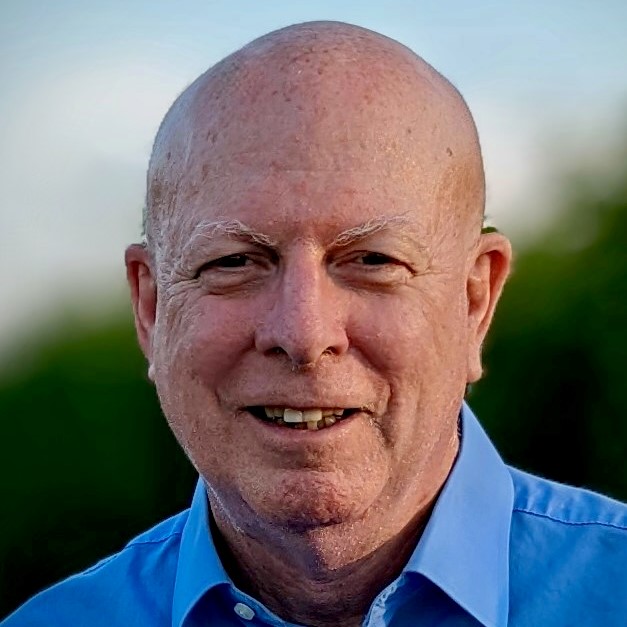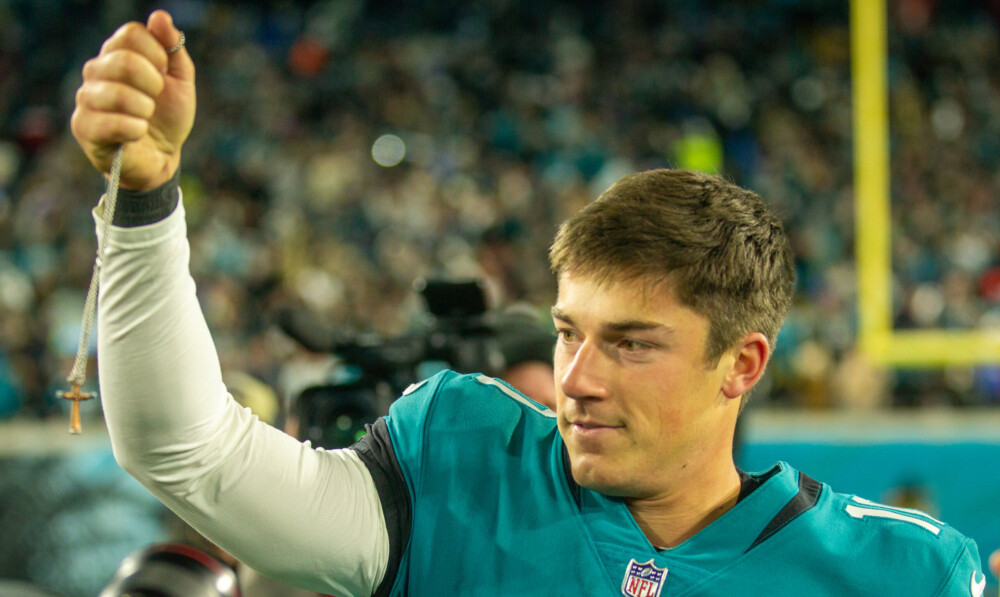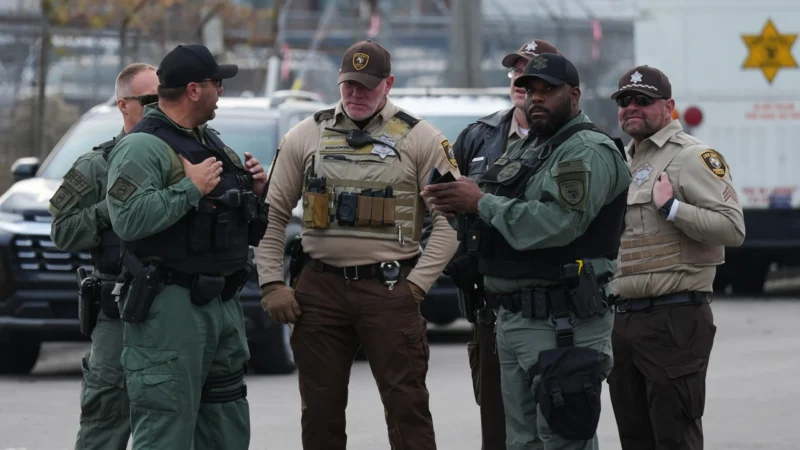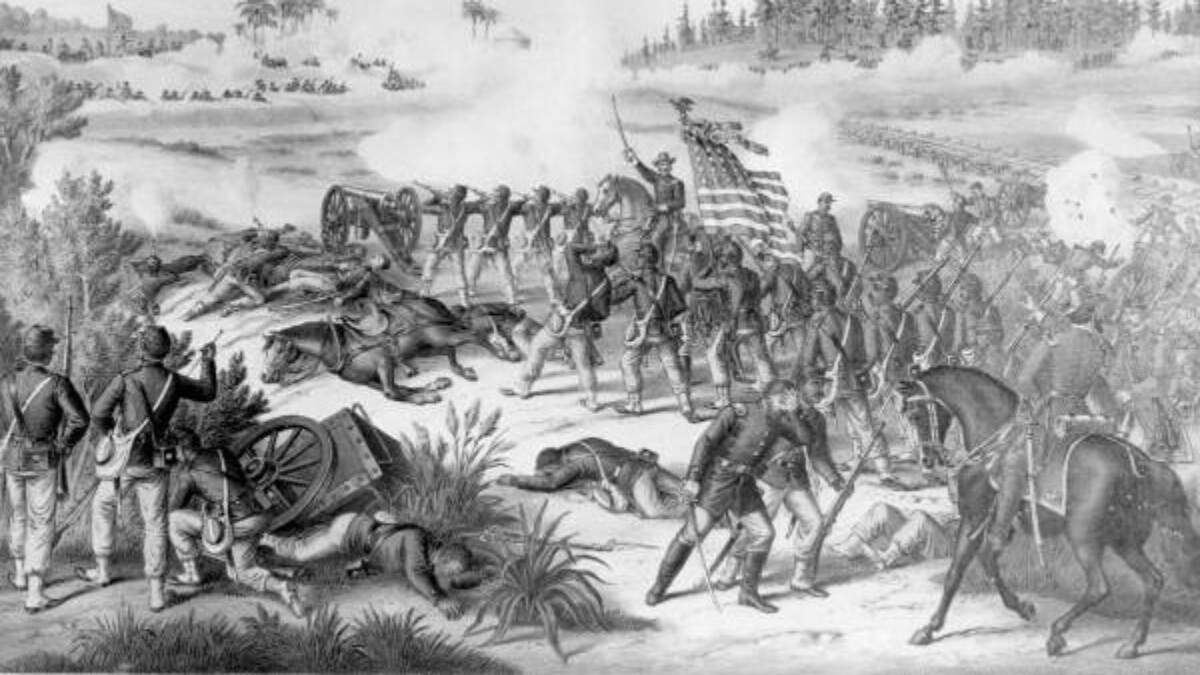
When it comes to Jacksonville’s experience with pro football, obtaining an NFL franchise — to the shock of the sports world in 1993 — was like a game-winning Hail Mary pass. Now three decades later, figuring out a way to pay for a major renovation to its football stadium would be like pulling off another Hail Mary, nothing short of a civic miracle.
While the odds look long, Jacksonville has beat the odds before.
The moniker Bold New City of South was an accurate description of winning voter support for consolidating the city and county in 1968. Similarly, winning voter support for a sales tax that eliminated tolls in 1989 was tough, too. The Better Jacksonville Plan, a $2.2 billion public works project, was another bold stroke in 2000. And Jacksonville gained long-shot support from both the Legislature and the voters in 2016 for using a continuation of the half-cent sales tax from the Better Jacksonville Plan to pay for a 401(k)-style police and fire pension system.
But make no mistake, financing a major renovation of the city’s football stadium will be another nearly impossible feat. Keeping the team here will require the kind of civic buy-in that brought the pro football franchise here in the first place and the kind of financial creativity that found a solution for the police and fire pension crisis.
Without a major stadium upgrade, Jacksonville will lose the Jaguars when the contract runs out in 2030 and with it, a major source of community pride. Without major renovations to TIAA Bank Field, Jacksonville will go the way of San Diego, Oakland and St. Louis, NFL cities that lost their franchises because they were unwilling to finance new stadiums or major renovations.
Funding a major renovation of the football stadium will be more complicated financially than was the case when the old Gator Bowl was upgraded to NFL standards, says Mike Weinstein. Weinstein speaks from impressive experience. Now CEO of the city’s Kids Hope Alliance agency, he has held an incredible series of civic leadership positions: He was chief financial officer for three Jacksonville mayors, he was involved in the original negotiations that landed the Jaguars in 1993 as well as bringing the Super Bowl here in 2005, and it was his idea to use the half-cent sales tax to fund the police and fire pensions once the Better Jacksonville Plan was paid off.
There still is time to work out this financing dilemma. The Jaguars have been smart to prepare plans for a renovation long before their contract with the city runs out.
Looking back
The team literally put this city on the map for the rest of the nation. Many Americans had no idea where Jacksonville was located in Florida. And now Jaguars owner Shad Khan has become a major booster for Downtown development, so the future of the Jaguars is also connected to the future of Downtown.
When Jacksonville was awarded a franchise in 1993, it was just four years since the voters barely passed a half-cent sales tax to get rid of the tolls. And the city was living with the poor first impression of rotten smells from pulp and paper mills. Mayor Tommy Hazouri managed to get rid of both the tolls and the smell in just one term.
Obtaining an elusive NFL franchise had been one civic objective that was passed on from mayor to mayor, unlike most civic goals. The story of winning the Jaguars franchise is an amazing tale of civic persistence. Thirty years ago, conventional wisdom was that Jacksonville would never get a team; too small a market, they said.
In 1993, the experts, both locally and nationally, figured that St. Louis as a former NFL city would get the expansion franchise. But Jacksonville had been courting the NFL since Robert Irsay, the owner of the Baltimore Colts, was greeted at the 50-yard-line of the old Gator Bowl on Aug. 15, 1979. That Colt Fever bash looked both bold and foolish. Then Mayor Jake Godbold knew Jacksonville was being used by Irsay, who eventually moved his team to Indianapolis in 1984. But Godbold was using Irsay as well, in order for Jacksonville to make its case to the NFL that this growing city was crazy for football and a prime location for an expansion franchise.
After Colt Fever, Jacksonville was used as leverage by the St. Louis Cardinals, the New Orleans Saints, the Houston Oilers and the Atlanta Falcons. It looked like Jacksonville was cursed to be an eternal bridesmaid. But in the process, city leaders developed relationships with NFL owners.
In 2013, on the 20th anniversary of winning the franchise, former Times-Union Publisher Carl Cannon remembered that Jacksonville had to meet three requirements: 1) acquire an owner the league would accept, 2) renovate the Gator Bowl to NFL standards, and 3) pre-sell a large number of club seats.
Wayne Weaver, a shoe store magnate, provided the ownership. The city rebuilt nearly the entire Gator Bowl. It was like a tear-down much more than a fixer-upper. And city leaders sold 10,000 club seats in 10 days out of the fifth floor of the Times-Union building at 1 Riverside Ave.
When St. Louis couldn’t get its act together, Jacksonville’s impressive civic activity paid off. “Jacksonville lands NFL team in a shocker” read the headline in The Orlando Sentinel. The Washington Post wrote, “Never mind that Jacksonville was thought to be a long-shot choice just a month ago.” Jacksonville provided a “stunning example of the area’s passion for football.”
Nevertheless, the deal almost fell apart when negotiators for Weaver and Mayor Ed Austin couldn’t agree on a deal. John Delaney, chief of staff to Austin at the time, was quoted by News4Jax in 2013: “It was completely unpleasant — cursing and yelling back and forth. I’ve been negotiating my entire life as a prosecutor, and you’re dealing with criminal defense lawyers who are dealing with people’s lives and I’ve never had anything like this.” Today, Delaney says he stands by that statement.
The next front-page headline in the Times-Union read “The Dream is Dead.” But Cannon, the newspaper publisher, waged private negotiations to break through the impasse between Austin and Weaver and revived the deal. City Council President Don Davis was a big help as well.
Stumbling blocks today
Delaney notes that Jacksonville still has a major handicap: It’s in a state crowded with other teams. Cities like Nashville and Indianapolis are the only ones in their states with an NFL franchise. Even in New York, the Giants and Jets play in New Jersey so Buffalo is the only NFL franchise with a stadium in the state.
And despite its steady population growth, Jacksonville remains one of the NFL’s smallest markets. Based on metro areas alone, Jacksonville (1.6 million people) trails Miami-Dade (6 million), Tampa-St. Petersburg (3.2 million) and Orlando (2.7 million). Even St. Louis has a larger metro area at 2.8 million people. This is one of the reasons that Shad Khan has moved one Jaguars home game every year to London — to stabilize the team’s finances.
In San Diego and St. Louis, the relationship soured between the NFL owners and the citizens of the cities over public funding of new football stadiums.
Francis Slay, former mayor of St. Louis, wrote in a news release that the NFL ignored loyal St. Louis fans and “grabbed at the money.” As Slay wrote in 2016, “The NFL sent a loud and clear message: Their home cities and hometown fans are commodities to be abandoned once they no longer suit the league’s purposes.”
Joe Nocera of The New York Times wrote that “St. Louis got lucky” because the economics of a stadium deal “would have been financially ruinous.” St. Louis could not afford a $1 billion stadium, Nocera wrote in 2016. St. Louis had depended on revenue from sales taxes on game-day items and services to pay for its stadium. When those revenues fell short, St. Louis had to pull money from the general fund, thus competing with traditional public services.
As for San Diego, Ben Volin of The Boston Globe wrote that owner Dean Spanos “punched the collective gut” of Chargers fans. Public support for stadium funding was weak with just 43.6% of voters’ supporting a hotel tax proposal to fund stadium renovations.
Hotel taxes are among the most popular sources of funding stadium improvements because they generally tap visitors. For instance, Las Vegas is using its big hotel revenues to fund the stadium for the former Oakland Raiders. Hotel visitors are paying an additional tax of 0.88%. And, Las Vegas is luring Oakland’s pro baseball team with a new stadium too.
In Jacksonville, such tourism-based revenue sources are not large enough to finance major stadium expansions. So what options do we have?
This column is part 1 of 2 about stadium upgrades at TIAA Bank Field. Read Part 2: How to pay for Jaguars’ stadium renovations.
Lead image: Will Brown, Jacksonville Today

Mike Clark devoted about 47 years to Jacksonville's two daily newspapers. He retired in 2020 after 15 years as editorial page editor at The Florida Times-Union, where he and his staff won local, state, regional and national journalism awards.
He is the author of the new book, “Civil War Survivor: Incredible True Story of a Union Private.”





